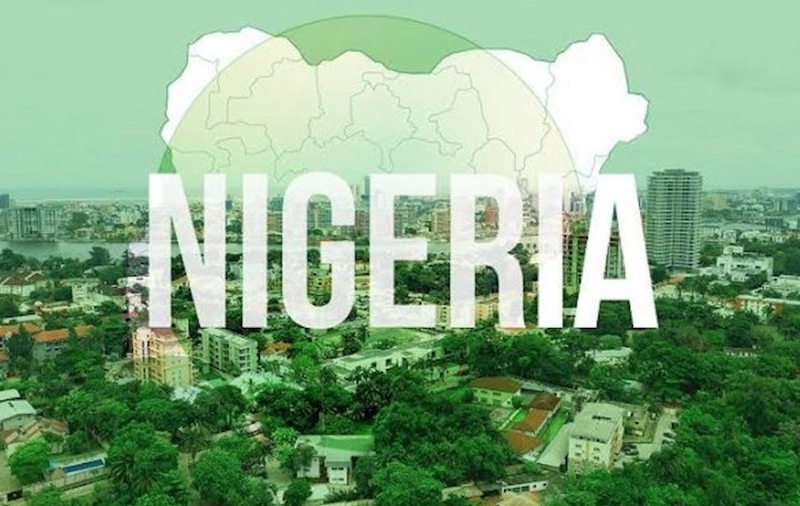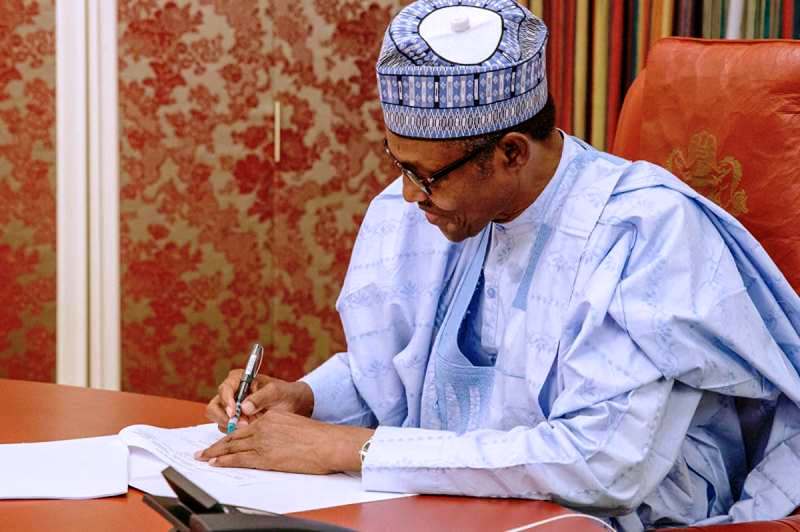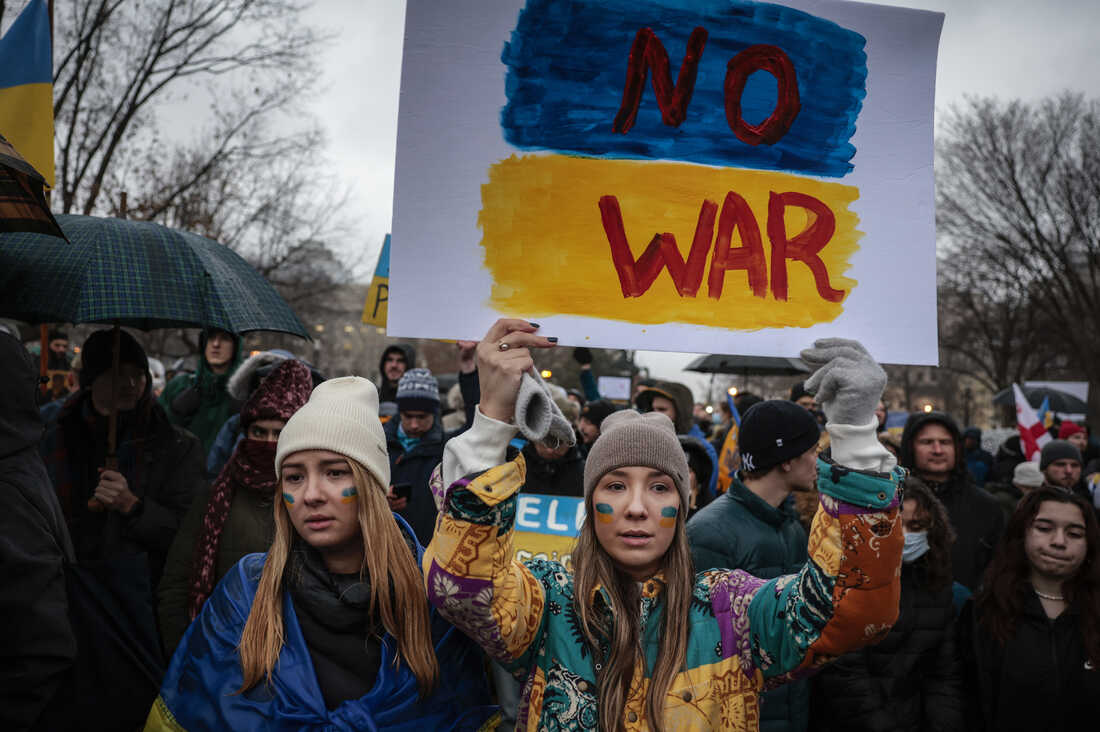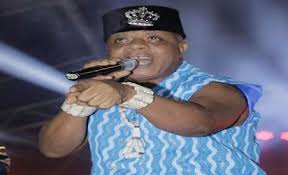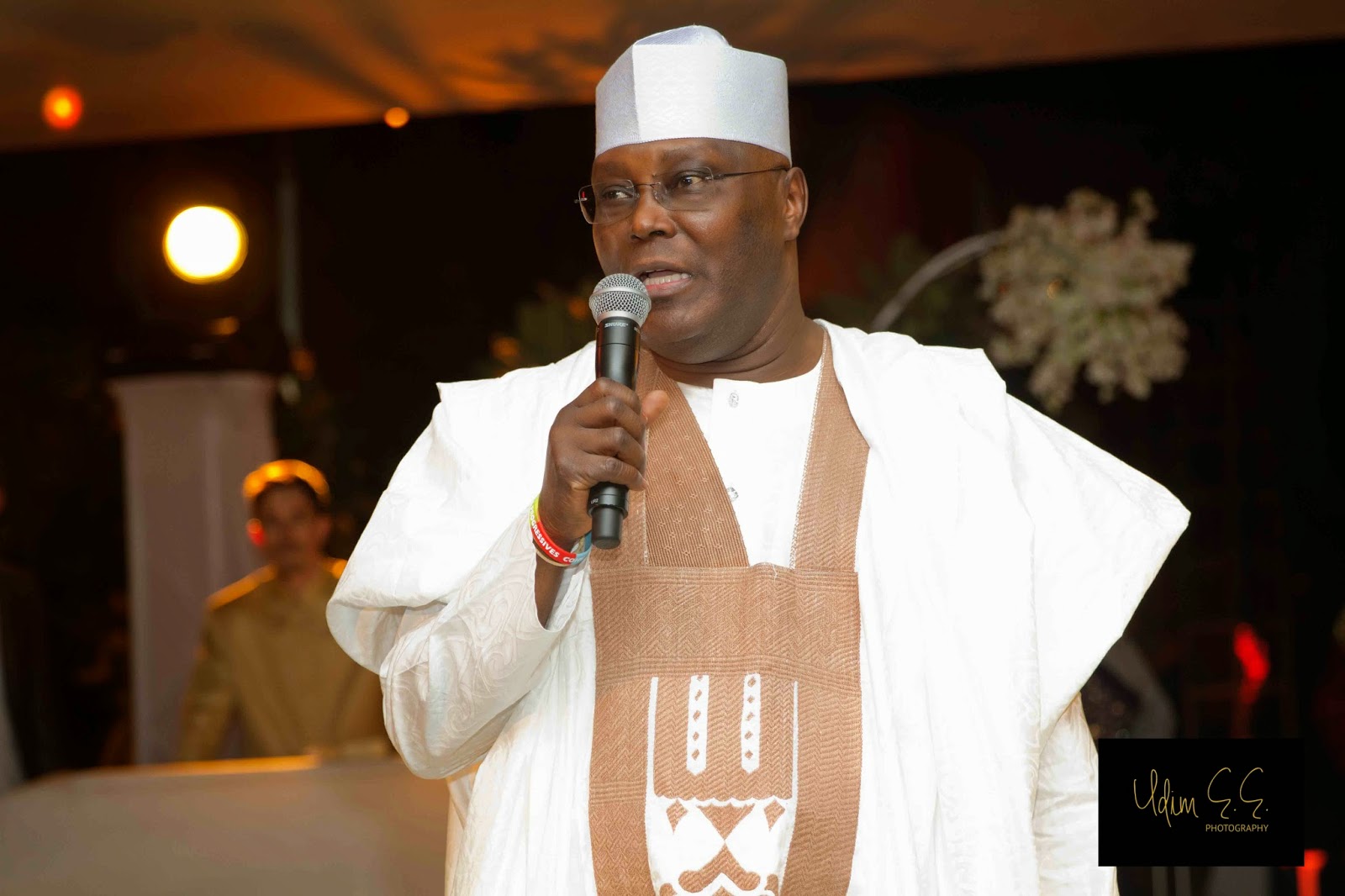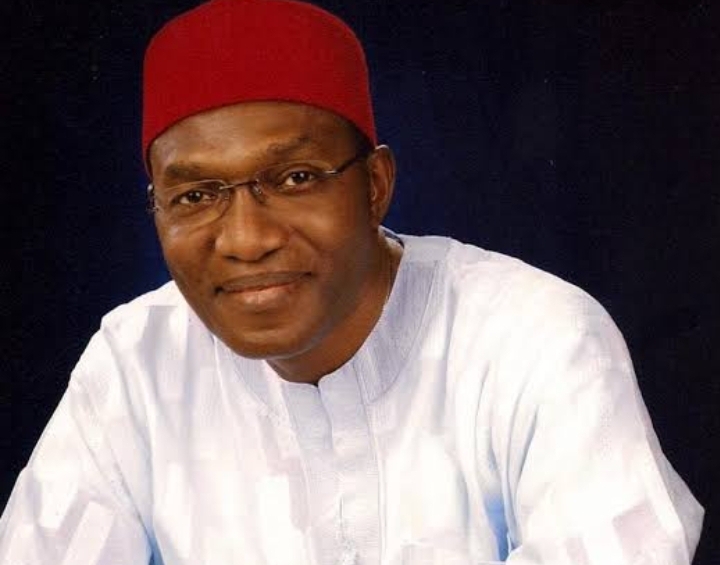As Nigeria marks its 62nd Independent Anniversary, some Nigerians said that the 23 years of uninterrupted democratic administration is worth celebrating.
A cross-section of Nigerians who spoke in Damaturu and Dutse expressed joy over the feat achieved towards entrenching sustainable democratic governance in the country.
They said the stability in the democratic process and political achievements outweighed contemporary challenges confronting the country in its 62 years of independence.
The Anglican Bishop of Dutse, Rev. Marcus Dan Binta noted that the forefathers laboured hard to keep the country together since independence.
He said Nigerians should thank God and appreciate the leaders for their efforts to bring progress and unity in the country.
“I must confess that of recent we are seeing a Nigeria quiet different from the one we used to know. As we mark the 62nd Independence Anniversary, we should pray God for peace, unity and prosperity in the country.
“We have some politicians with good agenda but at the end, what we see is quite different from what they come to tell us during their campaigns.
“While we appreciate God these 62 years, honestly I am happy, there is good hope for Nigerians.
“We are not saying that Nigeria is totally bad. There are good people who can bring positive change to the country.
“During this elections for Nigeria to grow, let us choose leaders that have the fear of God, people with integrity and credibility, there is still hope for this nation,” the clergyman said.
Also commenting, Maryam Ibrahim, the Coordinator, Safe Nigeria Now, an NGO, decried lack of internal democracy in some political parties in the country.
Ibrahim, who is also the Secretary, Jigawa Social Protection Platform, said the recent primaries conducted by political parties was a source of concern.
She urged political parties to abide by their respective constitutions and the electoral laws to further entrench democratic culture in the country.
The political activist said the ammended Electoral Act 2022, gave hope to the electorate toward ensuring that their votes count.
“A lot of Nigerians aspire inclusion of youth in governance,” she said, and faulted party delegates for alledged malpractices in the primaries.
She also advocated laws to regulate conduct of party primaries to make it credible and transparent.
In the same vein; Ali Abbas, an Associate Professor, Political Science Department, Yobe State University, said Nigerians have every reason to celebrate 62 years of independence.
He said, “this is the first time in the history of our country that we enjoyed democracy for 23 years without military intervention.
“This means our democracy is consolidating. The only process of acquiring power is through democratic process, as provided by the constitution. Politically Nigeria is maturing”.
Abbas identified successful implementation of the electoral reform as another milestone towards entrenching democratic governance in the country.
This, he said, would address pre and post-election violence which previously characterised electoral processes.
The academic don warned politicians against promoting religious and sectional politics, and urged them to foster peace and unity in the country.
He noted that such undemocratic attitudes were inimical to sustainable growth and posed threat to national security.
“Insecurity is a serious challenge to political stability and development in Nigeria. Our election concern should be centred around electing transformational leaders, who understand their mandates, and who can discharge such mandates without fear or favour.
“Leaders who understand the problems of Nigerians and who can solve the problems systematically but firmly.
“There are issues of mistrust, misperception and miss understanding among Nigerians. The country needs a unifier, who can bring all Nigerians on board,” he added.
“Security is paramount, it should not be only physical but that of social, economic, religious, cultural among others.
“There should also be a shared development across all regions, ethnicities, religions and political divides.
“Development should not be restricted to a certain parts of the country while the others are retrogressing.
“So the people should think properly and appreciate democracy collectively,” he said.
He also commended the past and present leadership for laying foundation for infrastructure development for sustainable social and economic development in the country.
Oct. 1: President Buhari addresses nation Saturday
Meanwhile, President Muhammadu Buhari will on Saturday address the nation as part of activities commemorating the 62nd Independence Anniversary of the country, at 7.00am.
Mr Femi Adesina, the President’s Special Adviser on Media and Publicity, confirmed this in a statement on Friday in Abuja.
He said: ”Television, radio stations and other electronic media outlets are enjoined to hook up to the network services of the Nigerian Television Authority and Radio Nigeria for the broadcast.”
